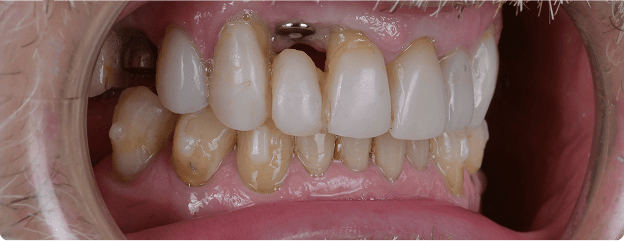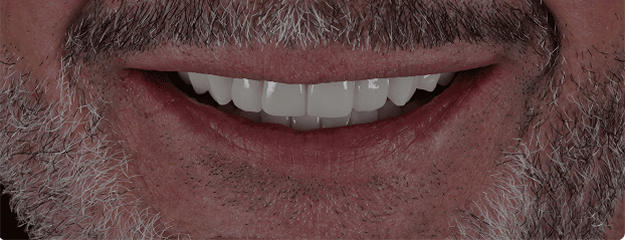When it comes to addressing common dental concerns such as cracked teeth, chipped teeth, or short teeth, composite bonding emerges as a popular and versatile solution. As your trusted cosmetic dentist in Andover, Poole, Whitchurch, and Southampton, Dental Concepts understands the importance of providing patients with comprehensive information about their treatment options. Let's dive into the pros and cons of dental bonding, also known as composite bonding, to help you make an informed decision about your smile.
Pros of Dental Bonding
1. Versatility: Composite bonding offers a versatile solution for addressing various cosmetic dental issues, including cracked teeth, chipped teeth, and short teeth. It can also be used to fill gaps between teeth or reshape uneven teeth, providing a seamless and natural-looking result.
2. Minimally Invasive: Unlike some dental procedures that require significant tooth reduction, dental bonding is a minimally invasive treatment that preserves the natural structure of your teeth. It typically does not require anesthesia or drilling, making it a comfortable and convenient option for many patients. For younger patients or those with healthy natural teeth, composite bonding is a great option.
3. Quick and Convenient: Dental bonding can often be completed in a single visit to your dentist in Poole or Andover, saving you time and reducing the need for multiple appointments. This makes it an ideal choice for patients with busy schedules who are seeking immediate results.
4. Aesthetically Pleasing: Composite bonding materials are available in a wide range of shades and can be customised to match the color of your natural teeth seamlessly. This allows for a highly aesthetic result that blends harmoniously with your smile. Want a whiter smile? No problems teeth whitening can be done first and then bonding second to match the newly whitened teeth!
Cons of Dental Bonding
1. Durability: While composite bonding is durable and can withstand normal biting and chewing forces, it may not be as long-lasting as other dental restorations such as porcelain veneers or dental crowns. Over time, the bonding material may chip, wear down, or become discoloured, requiring repair or replacement.
2. Staining Potential: Composite bonding materials are more prone to staining than other dental materials such as porcelain. Patients who consume staining substances such as coffee, tea, or tobacco may notice discoloration over time, necessitating periodic touch-ups or refinishing.
3. Limited Repairability: While composite bonding can be repaired if damaged, the process may not always result in an entirely seamless or natural-looking restoration. Extensive damage may require replacement of the entire bonding, leading to additional time and expense.
4. Skill-Dependent: Achieving optimal results with dental bonding requires skill, precision, and artistic vision on the part of the cosmetic dentist. Choosing an experienced and qualified dentist in Whitchurch or Southampton, such as Dr. Aditi at Dental Concepts, is essential for ensuring a successful outcome.
.jpg)
At Dental Concepts, we prioritise patient satisfaction and strive to provide the best possible care at our four practices in Andover, Poole, Whitchurch, and Southampton. Whether you're considering composite bonding or exploring other cosmetic dental treatments, our team of experienced dentists is here to guide you every step of the way.
Ready to transform your smile with composite bonding? Schedule a consultation with Dental Concepts today and discover the endless possibilities for enhancing your smile and boosting your confidence. Give us a call on: 01264 313999.










.jpg)